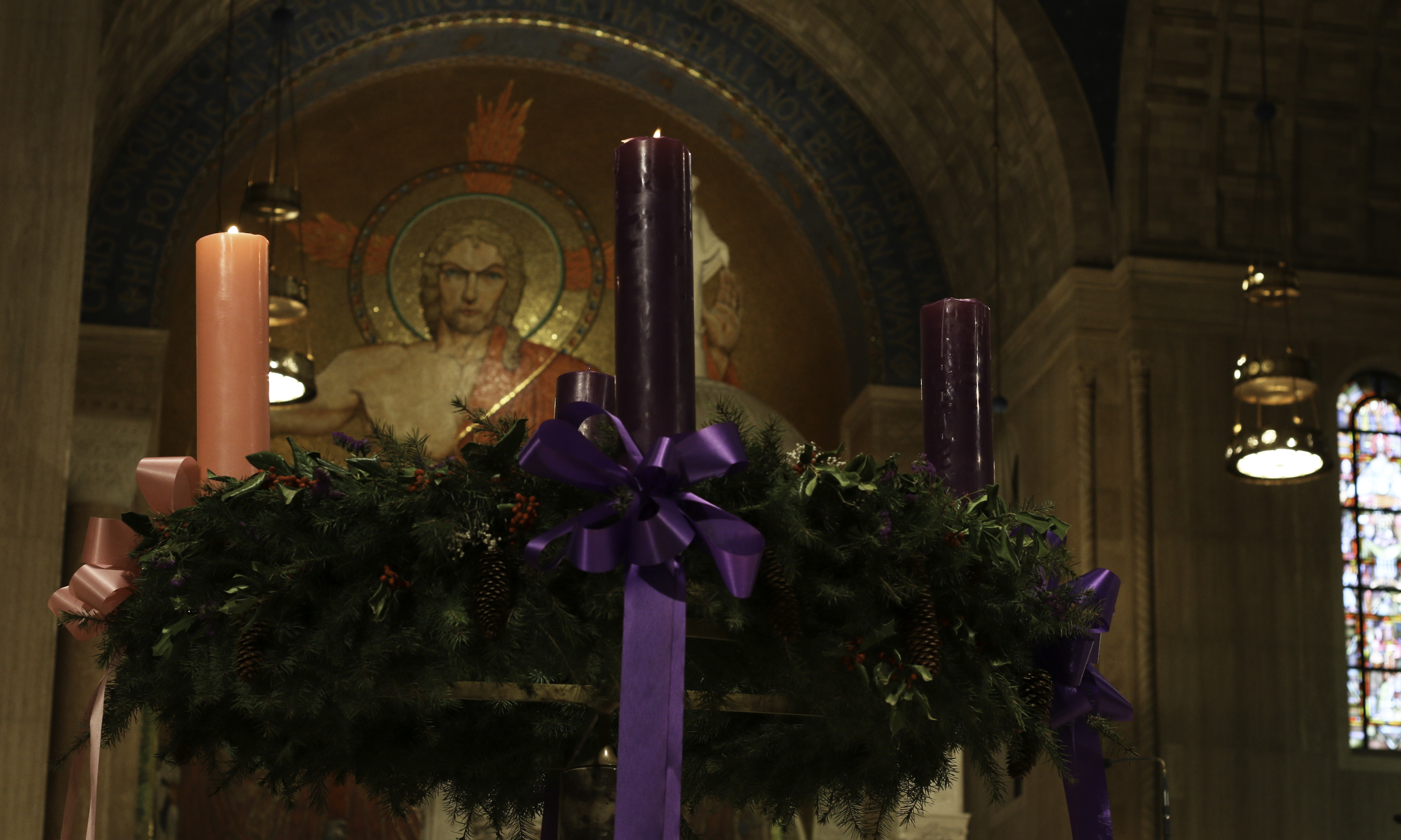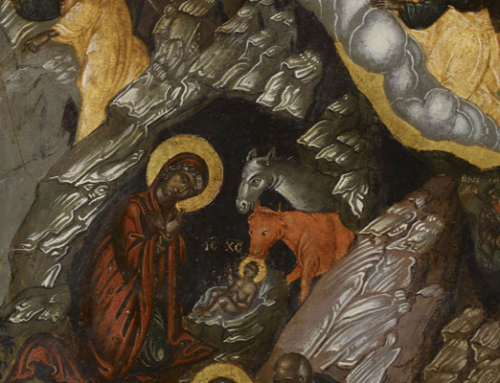In Chapter 7 of St. Luke’s Gospel, some disciples of John the Baptist approach Jesus, sent by John himself to ask Jesus, “Are you he who is to come, or shall we look for another?” (Lk 7:19). At first glance, this passage can seem a bit perplexing. Why would John send the men to find out if Jesus is the true Messiah? Didn’t he already know this fact, revealed so poignantly at Jesus’ baptism and even in the womb at the Visitation? Likewise, Jesus’ answer to go and tell John about the great marvels that he has done seems to confirm that John does indeed have some doubts or suspicions about Jesus’ role.
Seen in a fuller context, John sends his disciples to Jesus, not for his own sake, but in order that they may know for themselves the true Messiah of Israel. Jesus’ response confirms that these disciples are now enlightened by him who has been sent to take away the sins of the world. The disciples of John now have a choice to make. By encountering Jesus, they cannot deny what they know. The question remains: will they decide to follow Jesus?
Later in the chapter, in an encounter between Jesus and some Pharisees, Luke states that “the Pharisees and lawgivers rejected the purpose of God for themselves, not having been baptized” (Lk 7:30). What a stark contrast between those seeking the true Messiah earlier in the chapter and those who remain obstinate in their ways, refusing God’s plan for their lives. Nonetheless, some would say that the Pharisees have it easier. By staying settled in their ways, they don’t have to make a choice like John’s disciples. They haven’t had the same personal encounter with Jesus, the Son of the living God, to know that he is the true Messiah. For the Pharisees, life is simpler by remaining in ignorance, rather than seeking Jesus and facing a radical change of life. Ignorance is bliss, as the old saying goes. But is it really?
It is important to distinguish between two types of ignorance. Invincible ignorance is ignorance in which a person, through no fault on his or her part and due to a number of reasons, is unaware about the goodness or evil of an action. On the other hand, a person who has vincible ignorance has an opportunity to know what is right or wrong, but purposely keeps an “ignorance is bliss” approach. Such people would rather remain ignorant about the goodness or evil of an action than attempt to discover the truth, which could result in a major change in life. This type of ignorance does not excuse a person from responsibility for his or her actions, since the opportunity to know the truth is available, yet the person chooses not to engage or seek it.
The actions of the Pharisees in Luke’s Gospel speak of this second type of ignorance. John heralded the coming of the Messiah, but they chose not to be baptized. Now standing before them is Jesus Christ, the Son of God sent by the Father to take away the sins of the world. Yet they will not even inquire further about him, as did John’s disciples. Perhaps deep down they know that they should, but there is too much risk in that—life as they know it could be turned upside down! By not taking the leap toward Jesus, it remains easier to stay ignorant.
What is the result of such ignorance? In the Gospels, we see the Pharisees closed off to God’s grace. This ignorance stifles any work of the Spirit in their lives, leaving them downcast and enslaved to their own set ways. Gradually, the ignorance itself becomes their very choice—the “rejection of God’s purpose for themselves.” The disciples of John are not ignorant and have a choice, yet they also have freedom in this decision. With ignorance, there is no freedom; with ignorance, there is no bliss!
The season of Advent approaches in just a few days. As we light a new candle on the Advent wreath each Sunday, let it be a reminder of how God called his people out of ignorance and darkness over the course of salvation history. With each new week, and each new candle, the darkness of ignorance will gradually give way to the light, culminating in the great light of our Christmas celebration. All of our doubt and ignorance will be cast aside, for Christ our Light will shine in our midst!
✠
Photo by Fr. Lawrence Lew, O.P. (used with permission)







